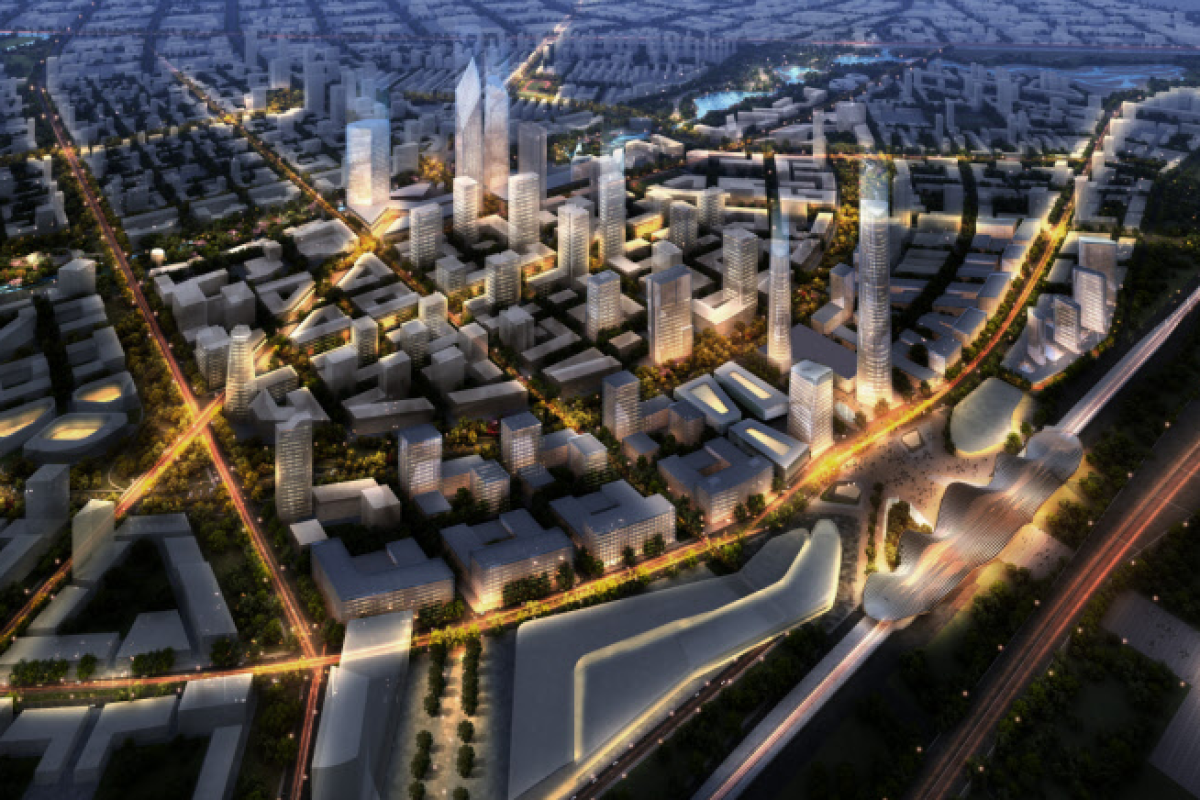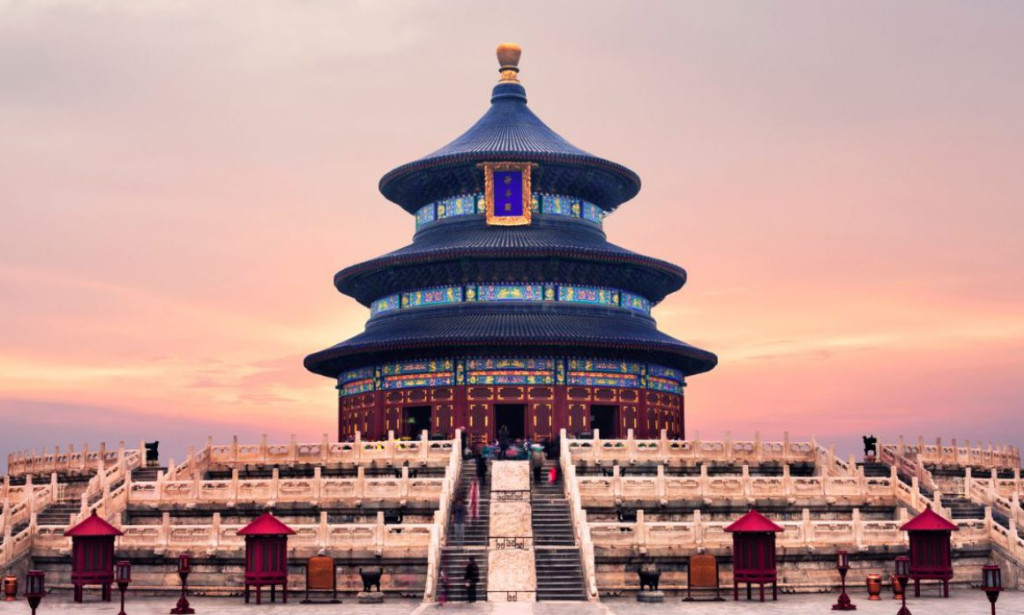Table of Contents
- Introduction: The Importance of Beijing
- A Historical Overview of Beijing
- Iconic Landmarks and Cultural Heritage
- Beijing's Role in China's Economy
- Modern Beijing: A City of Innovation
- The Political Influence of Beijing
- Conclusion: The Future of Beijing
1. Introduction: The Importance of Beijing
Beijing, located in northern China, is not only the political capital of the country but also one of the oldest cities in the world. With a history spanning over 3,000 years, Beijing has become a symbol of China’s power, culture, and influence. The city serves as the headquarters for China's government and is home to the country’s most important political institutions. More than just a hub for politics, Beijing plays a pivotal role in the country’s economy, education, and international relations. It is a vibrant metropolis where the old and new coexist harmoniously, making it an exciting place for residents and visitors alike.
Beijing’s rich historical background, combined with its modern developments, offers a unique perspective on China’s progress. Today, the city stands as one of the world’s most populous and economically significant cities. It continues to shape not only China's future but also its standing on the global stage. From its ancient monuments to its bustling economic sectors, Beijing offers much to explore and learn about.

2. A Historical Overview of Beijing
The history of Beijing dates back to the Western Zhou Dynasty (1046–771 BC), where it was initially a small settlement. Over the centuries, Beijing grew in importance as it became the capital for several dynasties, including the Yuan, Ming, and Qing dynasties. The city has witnessed significant transformations, from being a walled city under imperial rule to becoming a sprawling modern capital after the founding of the People's Republic of China in 1949.
During the Yuan Dynasty, Beijing became the capital under the rule of Kublai Khan, marking the beginning of its rise as a political center. The Ming Dynasty (1368-1644) further cemented Beijing’s status as the imperial capital, with the construction of major structures like the Forbidden City, which still stands today as a UNESCO World Heritage site. The city's historical sites are rich with cultural significance, attracting millions of tourists each year.

3. Iconic Landmarks and Cultural Heritage
Beijing is home to several of China's most iconic landmarks, which serve as reminders of its glorious past and cultural heritage. The Great Wall of China, one of the Seven Wonders of the World, stretches over 13,000 miles and passes through Beijing's northern suburbs. The Forbidden City, an imperial palace complex, is a marvel of Chinese architecture and one of the most visited museums in the world.
In addition to these grand landmarks, the Temple of Heaven, the Summer Palace, and the Lama Temple also add to Beijing’s cultural tapestry. These sites not only offer a glimpse into China’s royal history but also highlight the country’s philosophical and religious traditions. Beijing’s streets are lined with centuries-old structures alongside modern developments, creating a dynamic fusion of ancient traditions and contemporary life.
4. Beijing's Role in China's Economy
Beijing is an economic powerhouse, contributing significantly to China’s GDP. The city is a global business hub, home to numerous multinational corporations, especially in the fields of technology, finance, and manufacturing. As China’s political center, Beijing also plays a central role in national economic planning and policies, driving economic growth and development across the country.
The city’s growing technology sector is particularly notable, with major innovations emerging from companies based in Beijing. Beijing is a leader in artificial intelligence, e-commerce, and digital technologies, supported by a strong education system and research institutions. The city also has thriving industries in media, entertainment, and tourism, making it a critical driver of China’s economic expansion.
5. Modern Beijing: A City of Innovation
Beijing is not just a city of history; it is also a modern hub of innovation and development. The city’s skyline is filled with cutting-edge architecture, including the iconic Bird’s Nest Stadium from the 2008 Olympics and the Central Business District, which is home to some of the tallest buildings in China. The city’s infrastructure continues to improve, with modern transportation systems, including one of the largest metro networks in the world.
The city has also made strides in becoming an international center for research and development. Universities and research institutions in Beijing are at the forefront of advancements in technology, environmental sustainability, and healthcare. The city’s drive for innovation positions it as a major global player, influencing trends in both Asia and the broader international community.

6. The Political Influence of Beijing
As the political capital of China, Beijing holds significant power in shaping the nation’s policies. The central government operates from the city, with the National People’s Congress and the Chinese Communist Party’s leadership based in Beijing. Key decisions regarding domestic and foreign affairs are made in the city, making it a hub of political activity and influence.
Beijing is also the center of China’s diplomacy, hosting embassies, international organizations, and hosting high-level summits and meetings with global leaders. Its strategic location and political importance make it one of the most influential cities in the world, capable of shaping global affairs and policy decisions.

7. Conclusion: The Future of Beijing
Looking ahead, Beijing’s role as a global leader is only set to grow. The city continues to evolve with a focus on sustainability, technological advancement, and cultural preservation. As Beijing strives to maintain its historical identity while embracing modernity, it offers a vision of China’s future in the global arena. With a strong economy, an ever-expanding global influence, and a rich cultural heritage, Beijing remains at the forefront of China’s development.
As the city continues to modernize and adapt to the challenges of the 21st century, it will likely continue to be a key player in both regional and global affairs, shaping the future of China and its relationships with the rest of the world.


You must be logged in to post a comment.